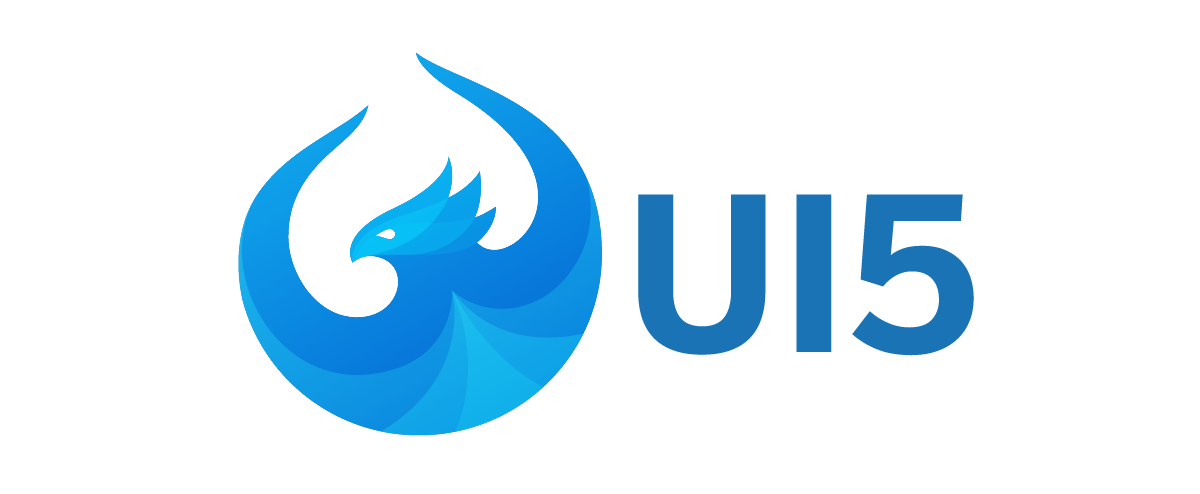What is @ui5/project?
@ui5/project is a Node.js-based toolset for managing UI5 projects. It provides functionalities for building, developing, and managing UI5 applications and libraries. The package is part of the UI5 Tooling ecosystem, which aims to streamline the development process for UI5 applications.
What are @ui5/project's main functionalities?
Project Initialization
This feature allows you to initialize a new UI5 project with a specified ID, version, and path. It sets up the necessary project structure and configuration.
const { project } = require('@ui5/project');
const myProject = project.create({
id: 'my.project.id',
version: '1.0.0',
path: './path/to/project'
});
Building Projects
This feature allows you to build your UI5 project, compiling and bundling the resources into a distribution folder. It ensures that your project is ready for deployment.
const { builder } = require('@ui5/project');
const myProject = project.create({
id: 'my.project.id',
version: '1.0.0',
path: './path/to/project'
});
builder.build({
project: myProject,
destPath: './path/to/dist'
});
Dependency Management
This feature allows you to manage dependencies for your UI5 project. You can add, remove, or update dependencies, ensuring that your project has all the necessary libraries and modules.
const { project } = require('@ui5/project');
const myProject = project.create({
id: 'my.project.id',
version: '1.0.0',
path: './path/to/project'
});
myProject.dependencies.add({
id: 'some.dependency.id',
version: '1.2.3'
});
Other packages similar to @ui5/project
gulp
Gulp is a toolkit for automating painful or time-consuming tasks in your development workflow. It is similar to @ui5/project in that it can be used to build and manage projects, but it is more general-purpose and not specifically tailored to UI5 applications.
grunt
Grunt is a JavaScript task runner that automates repetitive tasks like minification, compilation, unit testing, and linting. Like @ui5/project, it can be used to build and manage projects, but it is not specialized for UI5 applications.
webpack
Webpack is a module bundler for modern JavaScript applications. It takes modules with dependencies and generates static assets representing those modules. While it can be used to build UI5 projects, it is more complex and general-purpose compared to @ui5/project.




